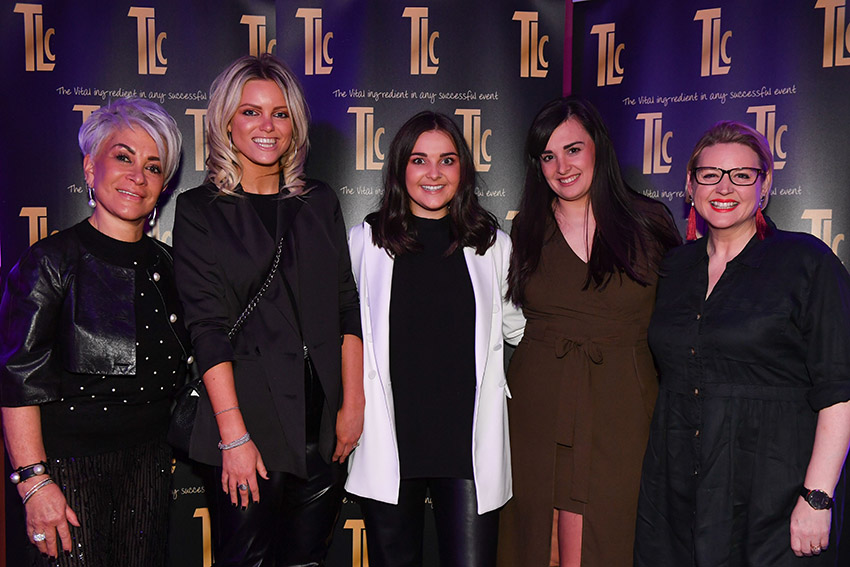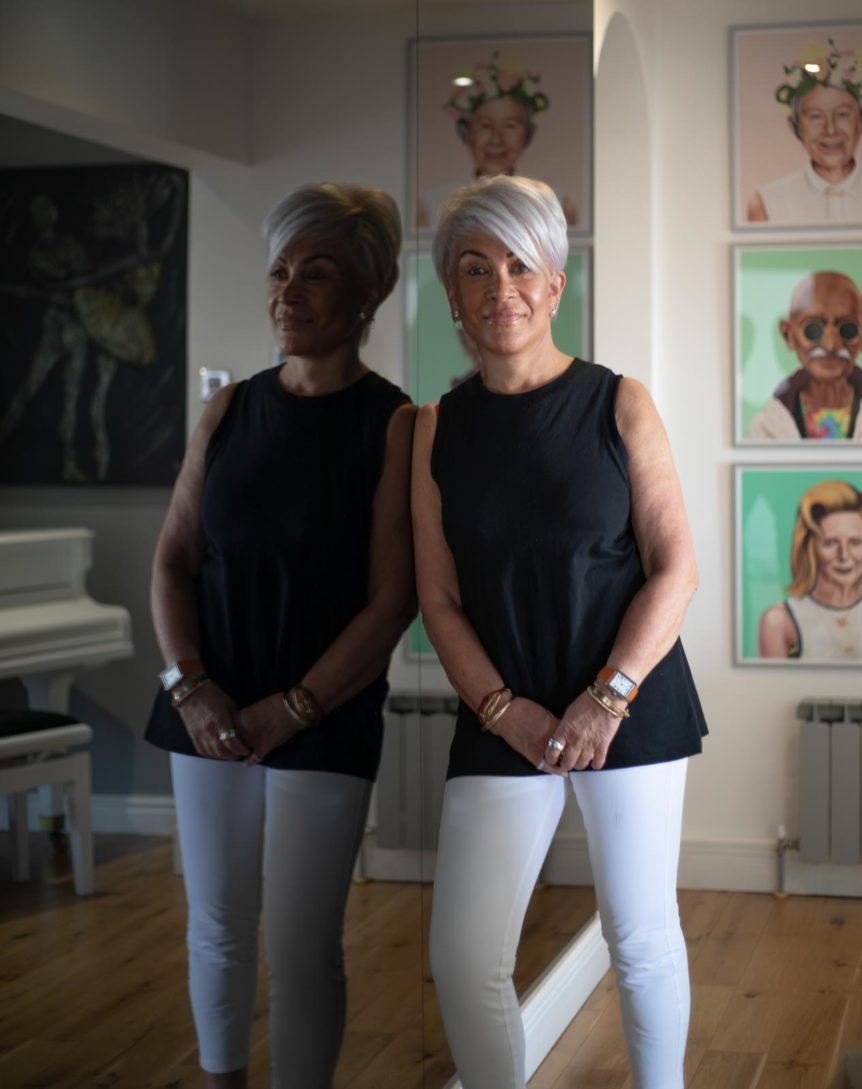Why we need to talk about the mental health of business owners and entrepreneurs
Last October I was organising a large event in Manchester and saw someone I hadn’t seen for years. We chatted and towards the end of our conversation she suddenly said, “Liz, you aren’t angry any more. You were always so angry!”
I laughed and told her it was thanks to all the therapy. However I wasn’t joking.
As we come to the end of another Mental Health Awareness Week I wanted to write about the journey that took me to therapy and why I believe that, as a business owner, prioritising your mental health is crucial. During this Covid Crisis, which has wreaked a devastating effect upon the events and hospitality sector, it feels more important than ever to bring it into the mainstream conversation.
Whenever I read about mental health in the workplace it always seems to be about the mental wellness of employees, of what bosses can do to look after their staff. Little thought seems to be given to the other side of the coin – the mental health of the UK’s 5.9 million business owners and entrepreneurs.
And yet, arguably, there’s a heady mix of ingredients that come with running your own business that can create a toxic recipe for mental anguish, stress and anxiety. One study from the University of San Francisco found that entrepreneurs were twice as likely to suffer from depression than other working people.
There is the most obvious pressure of course – money. When things are tough, as they are for so many right now, everything from how you pay your staff to your mortgage falls to you. The pressure can feel immense, the position lonely.
But beyond that there are so many other factors at play – you can struggle to switch off or carve out any reasonable kind of work/life balance, there is a constant fear of the future that can overwhelm you if you don’t get a handle on it (although for advice on that you can check out this BLOG… ).
And here’s the real problem – whatever you’re feeling you need to keep it hidden. You put on the big smile and the tin suit and tell your team, your clients, your suppliers that ‘Everything is fine!’. Because as a boss, that’s what you should do, isn’t it?
Is it?!
Maybe that’s how I functioned once upon a time. Until I couldn’t any longer.
Some years ago my personal life was turned upside down. As a result, and for probably the first real time in my life, I showed vulnerability.

I needed emotional support and my team at Taylor-Lynn Corporation together with all my suppliers responded above and beyond. They carried me through because they valued my brand and showed me that sometimes showing emotion is not a sign of weakness.
I’m not suggesting we all start bursting into tears in the board room. But I have learned that it is okay to be human – that you will not lose the respect of your staff by revealing a couple of chinks in your armour.
There has been a lot of talk throughout this crisis that a new form of leadership is emerging. One that is more honest, transparent and empathetic. I think there is potentially some truth in that. Anybody who has been telling their staff for the last couple of months that ‘Everything is fine!’ is clearly not reading the room. With honesty comes vulnerability – it is inevitable. In fact, it can be a strength, not a weakness.
And then aside from opening up more to the people around me, I also opened up to a complete stranger – a professional one who I was paying for the support.
I embarked upon five years of therapy, opening doors and going down roads I’d been frightened of walking.
The things that have come out of that therapy will stay between me, the therapist and the couch. But what I can tell you is that seeking support from a trained professional has changed every aspect of my life. I have become less reactive, less full of rage, more empathetic to others. I didn’t realise how much it had changed me until a near-stranger pointed it out.
These two things have made more difference to my mental health than anything else. We all have to find our own ways of dealing with it. I am lucky; I have a fairly high tolerance for stress – I thrive off much of it- and I love what I do so much that I rarely need time away from it. But a non-negotiable eight hours of sleep each night and 45 minutes on the treadmill each morning or also ways I keep my mental health in check. They were things I would have compromised on before but not anymore.
My team embrace the new me that they have assisted in cultivating and not only do I now listen but I also learn. I’m happier, my kids are happier and my world is a better place.
So let’s take the stigma and shame out of needing help with our mental health. You may be the boss, but you’re still human.



